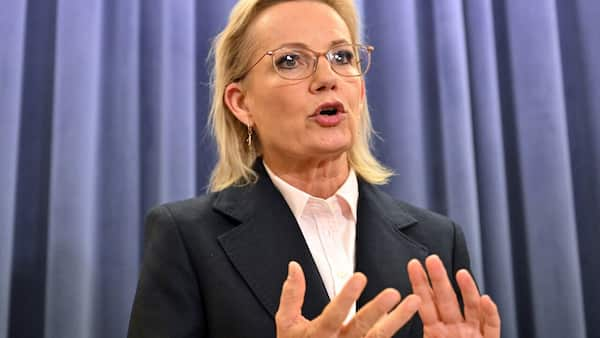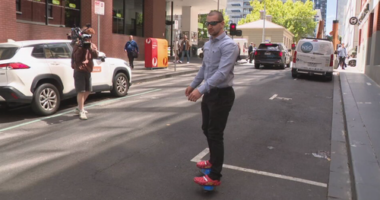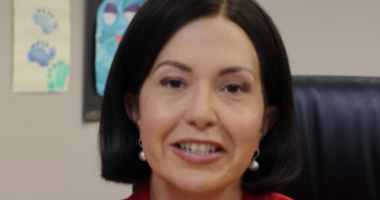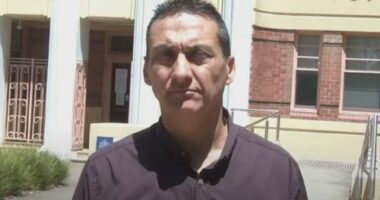Share this @internewscast.com
Sussan Ley believes the Liberal Party didn’t intentionally alienate migrant voters in the last federal election, but she acknowledges that some felt distanced from the party.
“I want to understand why they felt this way,” she expressed to The Feed. “During my time as deputy leader in the last parliament, I certainly never personally experienced it.”
During her conversation with The Feed, Ley addressed various criticisms aimed at the party, admitting that several voter groups rejected them.
Ley’s predecessor, Peter Dutton, attributed the record migration levels—which peaked at 536,000 in 2022-23 but are expected by Treasury to drop to 260,000 in the coming year—to increased pressure on housing availability and rising prices.
Ley said it made her “sad” to hear this feedback from voters, adding that “I accept that maybe was the case for a variety of reasons”.
Nonetheless, she said: “I felt very different and excluded at school. I have a sense, actually, of what that feeling is. And it’s not good enough for people to feel like that. I worry about social cohesion.”
Liberal Party has to ‘slay their sacred cows’
“So I want to make that point because I accept it. I heard the message.”

Peter Dutton’s former deputy replaced him as the first female Liberal Party leader. Source: AAP / Mick Tsikas
In research by emeritus professor Peter McDonald and professor Alan Gamlen of the ANU Migration Hub, they said that migration was “being weaponised during this election campaign to elicit panic and sway voters”.
They added that, in the recent budget, Treasury estimated the number will fall and, by 2027, migration levels in Australia could plummet to historic lows.
“Until the Coalition are willing to catch up with young people on that issue. They will never win them over in large numbers, and that’s just one issue.”
“Did they look at us and see reflected back the agenda that they wanted? Probably not. So, yeah, I think it was a fail on many levels.”
Leading a party that was rejected by women
“And, you know, they would say, well, yeah, ‘No, we’re not really, you know, we’re not interested in the Liberal Party.'”

“It was simply perhaps that feeling that you weren’t being taken seriously in a room full of men or that feeling that, if you said something, nobody really paid attention. But then when a man said it, suddenly everybody listened.”












